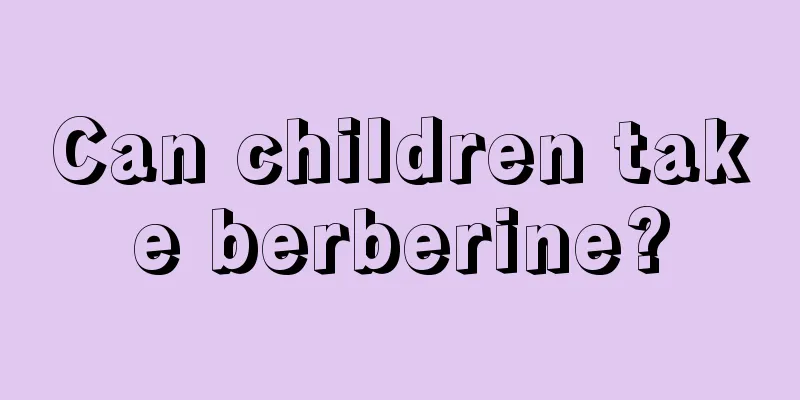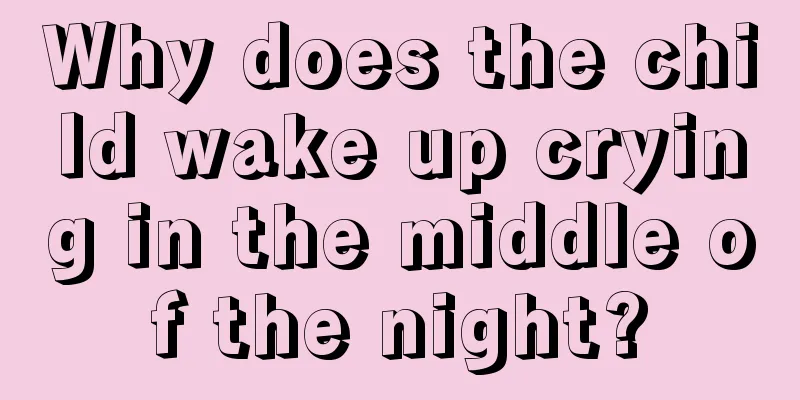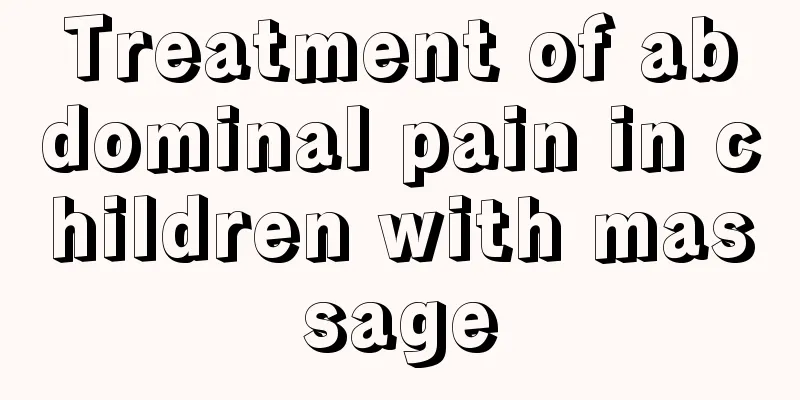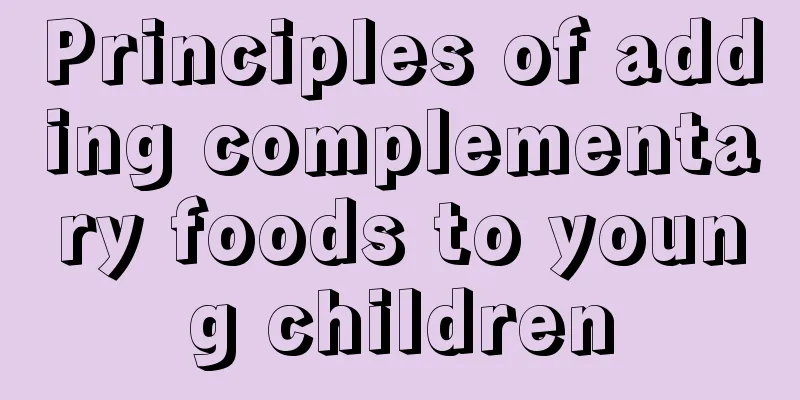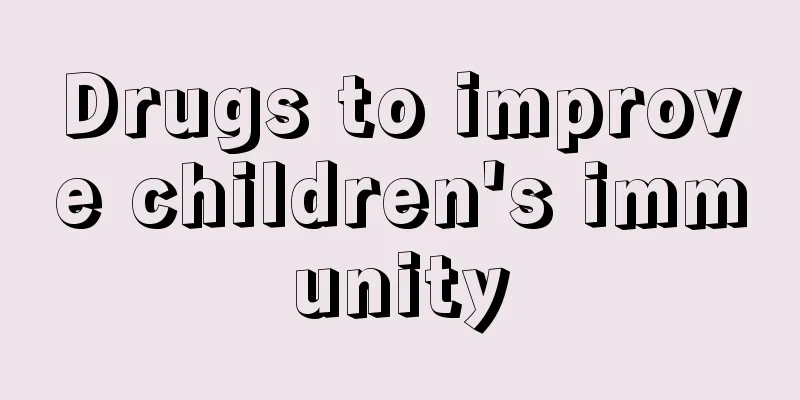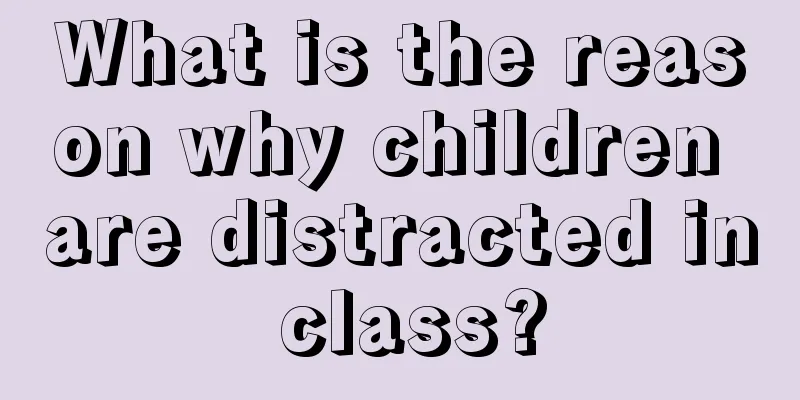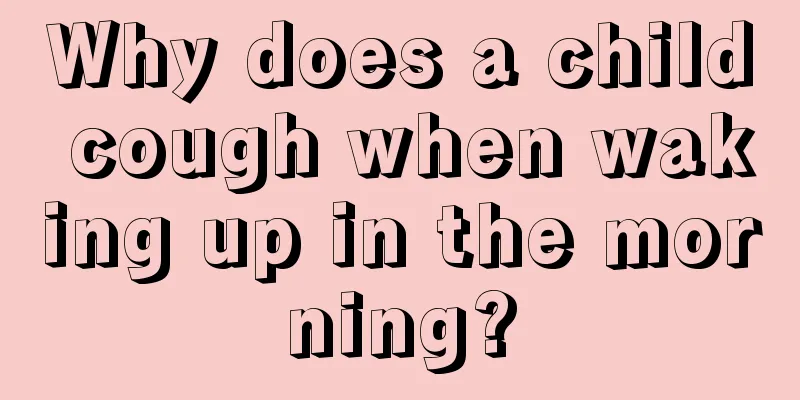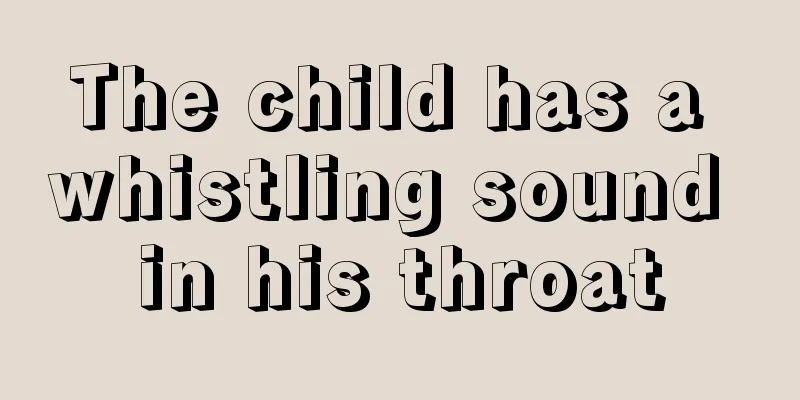Baby dumb symptoms
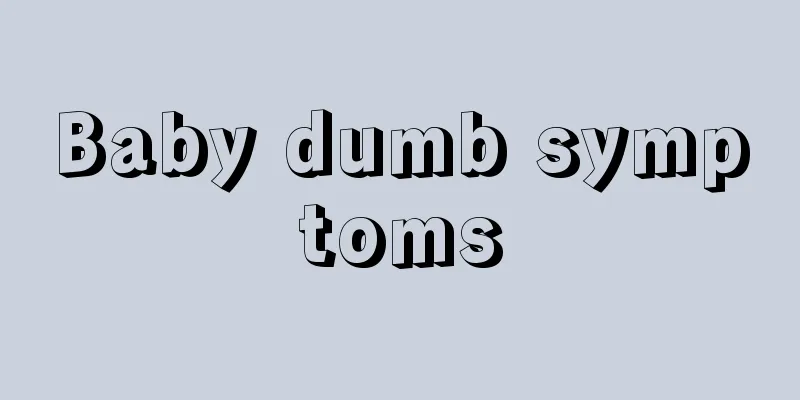
|
Mute is the name given to a deaf-mute person. The patient cannot speak because he cannot hear any sound. Some can hear any sound, but their speech function system is underdeveloped, which leads to the inability to speak. The main symptom is that they still cannot make the sounds of father and mother after one year old, and cannot communicate with others normally, and even cannot have normal conversation between 2 and 3 years old. Why is it that he is reluctant to learn to speak?1. What should I do if my 2-year-old baby can’t speak? Generally speaking, children can express themselves relatively well when they are two or three years old, can basically master the spoken language of their native language when they are four years old, and can clearly retell the main ideas of stories they have heard, tell stories based on pictures, or make up simple stories of their own after they are five years old. Under normal circumstances, there is a difference of 4-6 months between children who develop late and children who develop early. If the time limit exceeds this, parents should pay more attention. For example, most babies can speak relatively complete sentences when they are 2 years old, while some babies still cannot speak until they are 2 years old. However, the baby seems very smart. He understands everything you say and can do anything you ask him to do, but he just can't speak and his pronunciation is not accurate. When they have needs, they always use their hands to "gesture", and at most make some simple pronunciations.
At 4 months old: cannot imitate the sounds made by father and mother. At 6 months old: Does not laugh or yell. 8-9 months old: Cannot use sounds to attract your attention; has not started babbling yet. At 10 months: Does not respond to others calling his name, and does not know how to let you know whether he is happy or annoyed.At 12 months old: He cannot use body language such as waving or shaking his head; he cannot utter one or two initial consonants (such as p, b, etc.); when he needs help, he does not know how to communicate with you. At 15 months: Does not understand words like "no" and "goodbye" and does not respond; can use less than 6 types of body language (such as waving hands, pointing at things, etc.); can say less than 1 to 3 words. At 18 months: Cannot say 6 to 10 words; cannot point to objects of interest, such as birds or airplanes flying in the sky. |
>>: Symptoms of sleep regression during the tossing period
Recommend
What should I do if my child has recurring high fever?
Nowadays, there are many unscrupulous businesses ...
Why do children get fever easily?
Parents are definitely very concerned about their...
How to prepare nutritious meals for young children
Every parent hopes that their children can grow u...
What should I do if my two-year-old child is constipated?
Constipation is a very common condition in life, ...
How to treat spleen deficiency symptoms in children?
Nowadays, parents will take their children to the...
Osteonecrosis in children
For parents, their children’s lives are their own...
How to reduce fever quickly when a 7-year-old has a fever
Fever may not leave much impression on a baby, bu...
What causes mouth ulcers in children?
Children may develop mouth ulcers due to oral inf...
Introduction to Child Development Indicators
In fact, children are at the age of growing up. I...
Can anal fissures in children heal on their own?
Anal fissure is a relatively common anal disease....
Treatment of mental retardation in children
It is very common for children to have mental ret...
Why does my child keep blinking?
Children blinking, or always blinking, may be a c...
What are some methods to moisten the intestines and promote bowel movements in children?
For parents, the most annoying thing is the sympt...
Why does it happen that babies have difficulty pooping?
Difficulty in defecation for babies is a very com...
One year and two months old baby early education
Early education has a great influence on the grow...
